
The Importance Of Cloud ERP In The Post-Pandemic Era
Updated on : 28 May 2024
Published : 11 Oct 2022
KPI
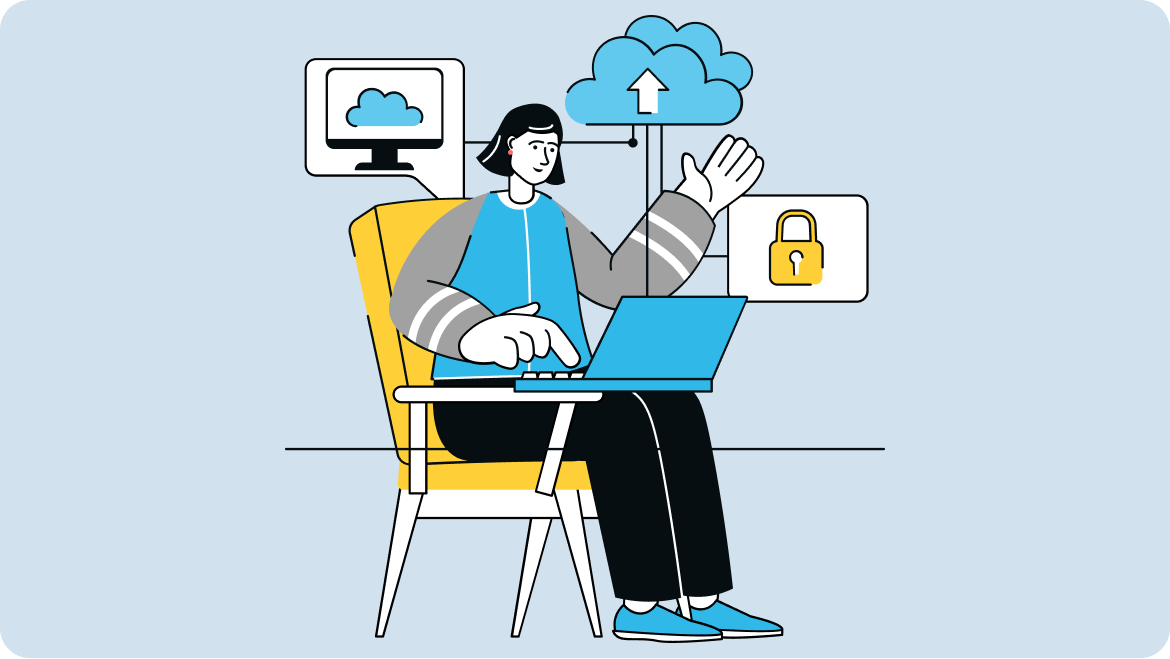
TABLE OF CONTENTS
TABLE OF CONTENTS
The New Normal
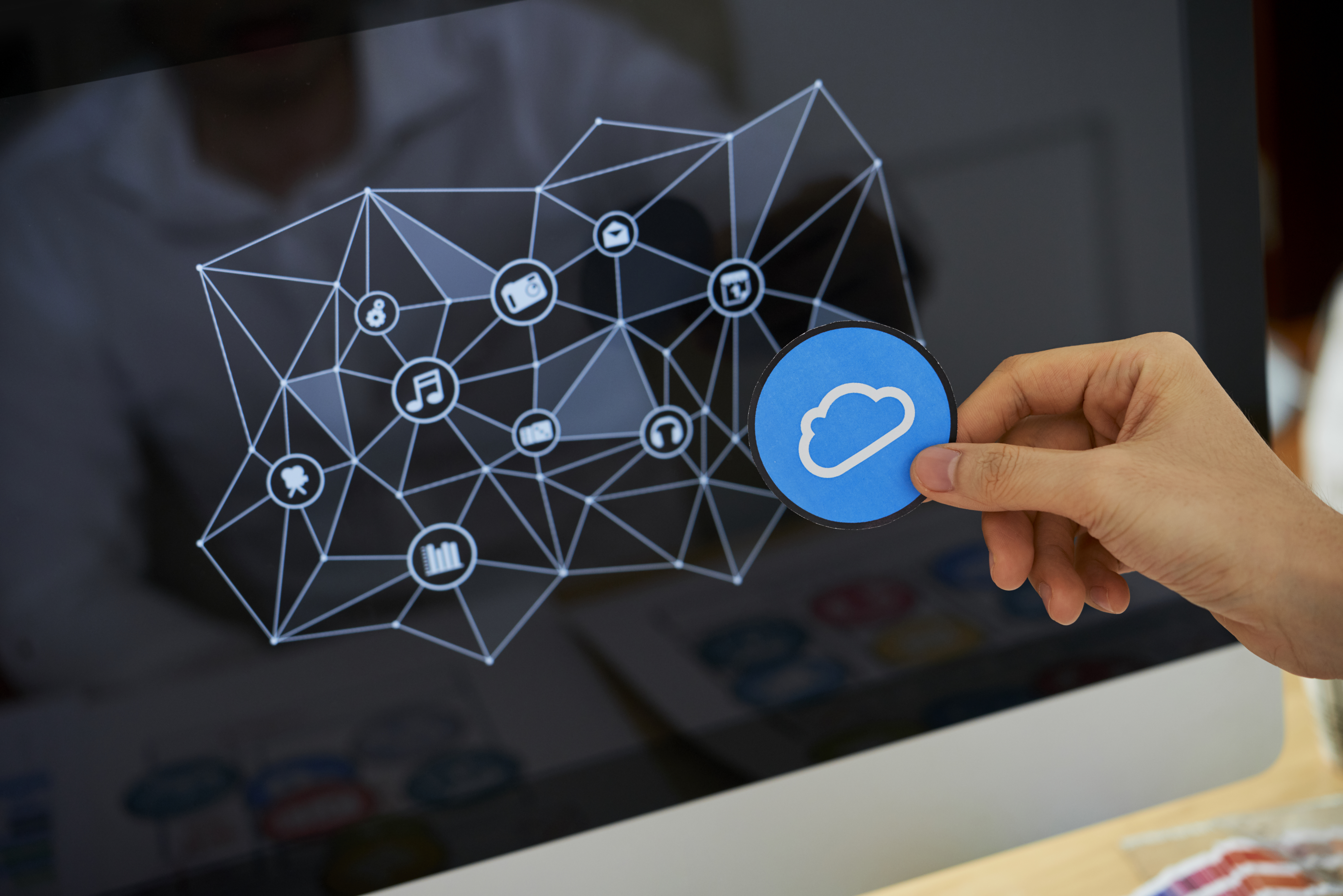
The onset of COVID-19 slowed down business operations across the globe. But, the use of cloud-based technology skyrocketed during the pandemic era. In the foremost quarter of 2020, cloud spending increased by 37% to $29 billion. This growth was despite the overall economic downturn.
It was an unexpected reality check for organizations of all sizes subjected to lockdowns & remote working due to the pandemic. As a result of the pandemic, industries like hospitality went bust, and many businesses faced survival challenges. The uncertain times of the pandemic led many firms to adopt the cloud and install digital transformations. After all, with COVID-19 remote jobs have become the ‘new normal.'
It makes sense for businesses to migrate to cloud-based operations during the pandemic. Also, the cloud is becoming more accessible and agile, with people using online services. But is cloud adoption a passing trend that will fade as masks come off and we return to normal? According to the statistics, the answer is a big NO! According to Gartner, the cloud is expected to account for 14.2% of all IT investment worldwide in 2024, up from 9.1% in 2020.
How Did Companies Take the Pandemic Hit?
Due to the spread of the Coronavirus, remote work suddenly became a necessity for many organizations. Unfortunately, most organizations seem ill-prepared to adopt remote work on a large scale. Most companies focused on keeping operations running smoothly during COVID-19. But, they also had to ensure their employees' health and safety and follow Covid protocols, making it imperative to shift towards the remote work bandwagon.
So, the next focus was to ensure that the workforce could continue to work from home — which led many organizations to ask, "How can we connect 3,000 people remotely and ensure they are productive?".
This is where Cloud ERP came into the picture. It served as a force multiplier that provided advanced functionality for core business processes. Many businesses question, "What would we do if something like this happens again?”
Adopting Cloud ERP has become a necessity when it comes to business continuity and recovery. COVID has brought about many changes in various business domains, including the food industry. An apt example of cloud ERP systems here can be seen through the popular cloud kitchens. These restaurants work on the delivery-only model. They get orders, prepare the meals, and deliver them to their clients, making for an efficient business model.
While every industry in 2020 was falling, there was one thing that increased at an unbelievable rate - eCommerce. Can you guess the reason for this growth? Well, the answer is relatively straightforward.
Because of the pandemic, customers switched from offline to online shopping. This is because getting essentials without contact was the preferred method of shopping. e-Commerce became the preferred method of shopping for everything. It is because of prime benefits such as accessibility and cost affordability.
The retail e-Commerce industry grew in 2019, but some suffered due to pandemic-related lockdowns. Here's how some retail sectors did:
1. In 2020, gas station sales fell from $513.5 billion to $428.1 billion as commuting became unnecessary and travel slowed.
2. According to the World Bank, during COVID, One-fourth of companies saw their sales fall by 50%.
How NetSuite Cloud ERP Solves Post-Covid Business Challenges?
The global retail sector is worth more than $26 trillion, and this exciting business niche is expanding in the post-pandemic world. Yet, there are some inherent challenges that the retail industry faces, preventing its growth and expansion. This includes - inventory visibility, limited access to information, and poor operations management.
Using NetSuite modules, various industries can conduct their business on the move. For example, a wholesaler or distributor can access inventory data on the go.
The advantages are as follows:
1. Optimize Operations
Retailers' most significant problems are managing and optimizing operations to ensure a higher ROI, and better control. To solve this problem, NetSuite cloud ERP offers supervisors and management teams an integrated, single platform for managing their entire operations. The NetSuite platform also allows supervisors to manage their retail operations holistically.
For example, it maintains accurate data about every aspect, such as sales, shipping, logistics, and HR management.
2. Improved Resources Allocation
Monitoring and scheduling resources with a cloud ERP solution makes it easier for everyone to access equitable organizational resources. For example, it ensures your field technicians have the parts and information they need to improve customer satisfaction and first-time fix rates.
3. Remote access
With cloud-based ERP access, salespeople on the road and employees that work from home can access information anytime. Using cloud ERP, your teams can stay on top of their game by having better mobile access to business information.
Many offices are operating at a reduced capacity post the pandemic. So, let’s suppose that the HR department needs to access data, but there is no one from the IT department in the office. What will they do? Usually, this would create a panic situation. But, cloud ERP allows all employees to access information whenever and wherever they choose.
4. Real-Time Analytics
ERP data analytics lets you get a 360-degree view of company performance. It provides access to real-time business intelligence. This allows for insightful decisions and better collaboration A cloud-based ERP system, for instance, allows you to plan, organize, and manage your organization's resources.
Also, investing in future-focused cloud technology demonstrates your commitment to staying ahead of the game and growing in the future.
5. Increased Efficiency
Errors caused by manual data entry or rekeying cause delays in processing and further inefficiency. With Cloud ERP, you can automate processes, streamline workflows, and provide AI-assisted analytics. This allows employees to spend more time on value-added activities and less on manual tasks.
Using next-generation ERP like NetSuite, employees will no longer have to enter duplicate data into spreadsheets and find receipts to submit expenses.
Wrapping Up
Change is the only constant in the current fast-paced business environment.
A customizable cloud-based ERP can help you stay agile in the future and help you with your business operations according to your needs. With the help of NetSuite modules - the next-generation ERP, you can simplify business processes.
Contact Us to transform your business with NetSuite ERP today!
LEAVE A REPLY
Related Topics
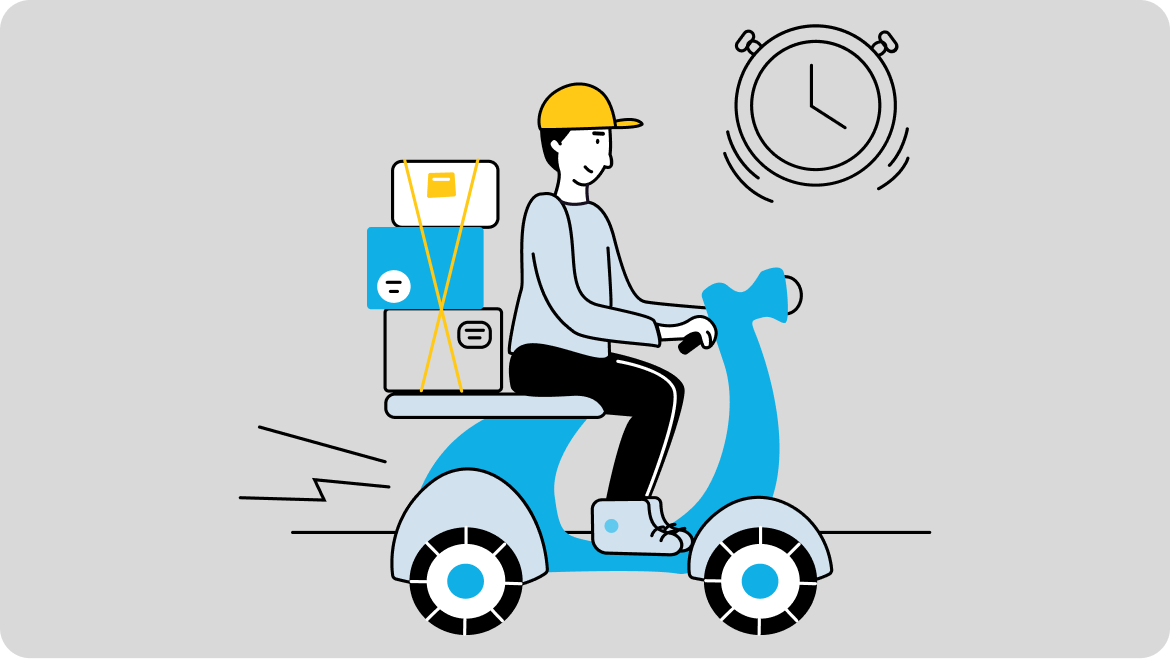
2 years ago
21 Jun 2022
KPI
Rise of Last Mile Delivery Companies in the UAE
Get deeper insights into challenges & future of a growing last-mile delivery industry in UAE straight from the horse's mouth.

2 years ago
03 Jun 2022
KPI
NetSuite VS QuickBooks – Which accounting software is better?
Looking for new accounting software? See a detailed comparison of NetSuite & QuickBooks features & advantages.

3 days ago
14 Aug 2024
KPI
Top 5 Oracle NetSuite Partners in UAE
With so many types of partners available, finding the ideal one for your business can feel like navigating a maze. Don't worry; we've got you covered!
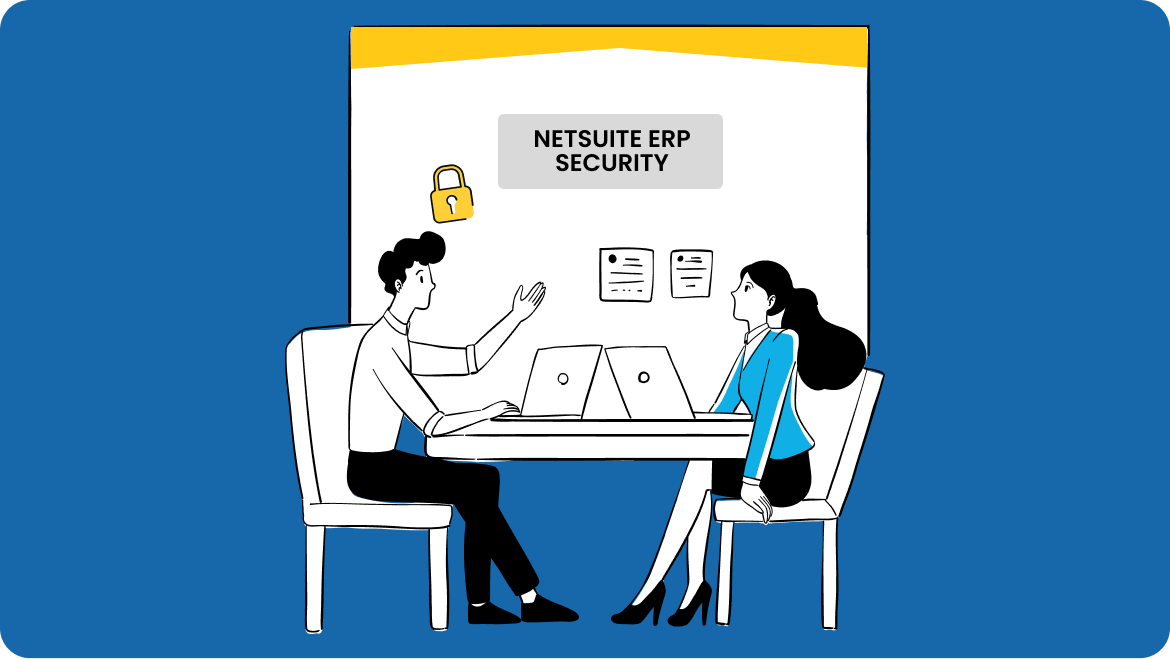
2 years ago
03 Jun 2022
KPI
5 Actions to Boost NetSuite ERP Security
Learn how you can adopt best practices to implement NetSuite Security, and enhance data protection.

2 years ago
02 May 2024
KPI
NetSuite ERP Consultants - Who they are and how to be successful?
Learn more about what a NetSuite consultant does, how to become NetSuite Consultant, and how they can help you with your NetSuite implementation project
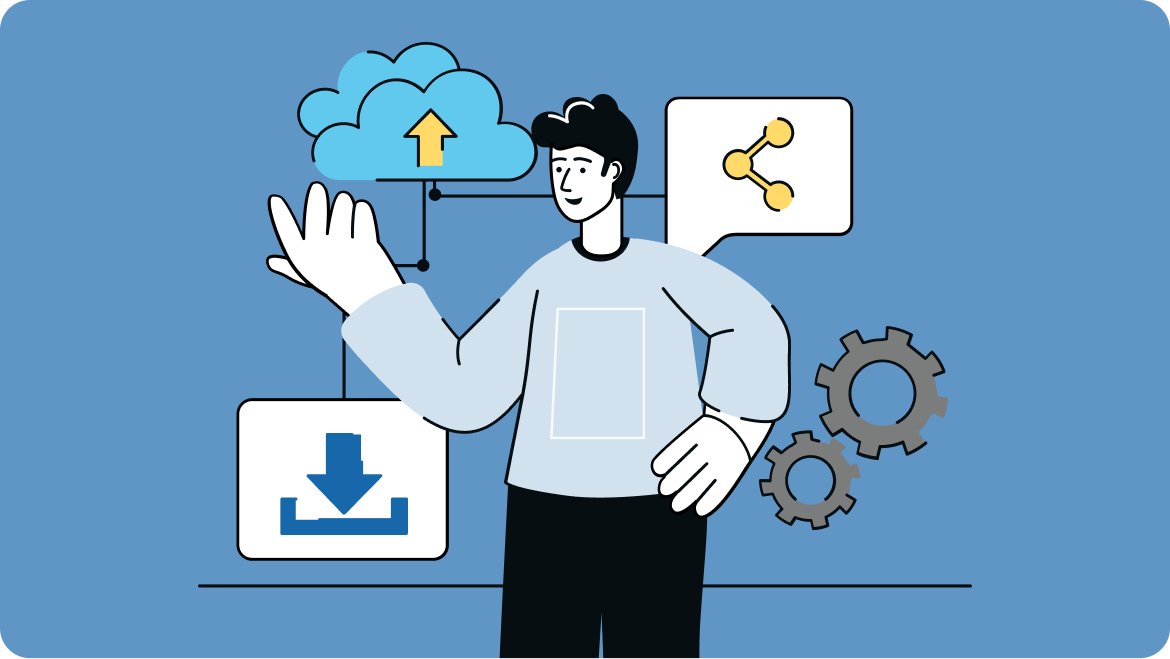
2 years ago
03 Oct 2022
KPI
10 Reasons Why SMEs Should Adopt NetSuite Cloud ERP
See why SMEs should get rid of their outdated systems and invest in the highly beneficial NetSuite Cloud ERP software!
